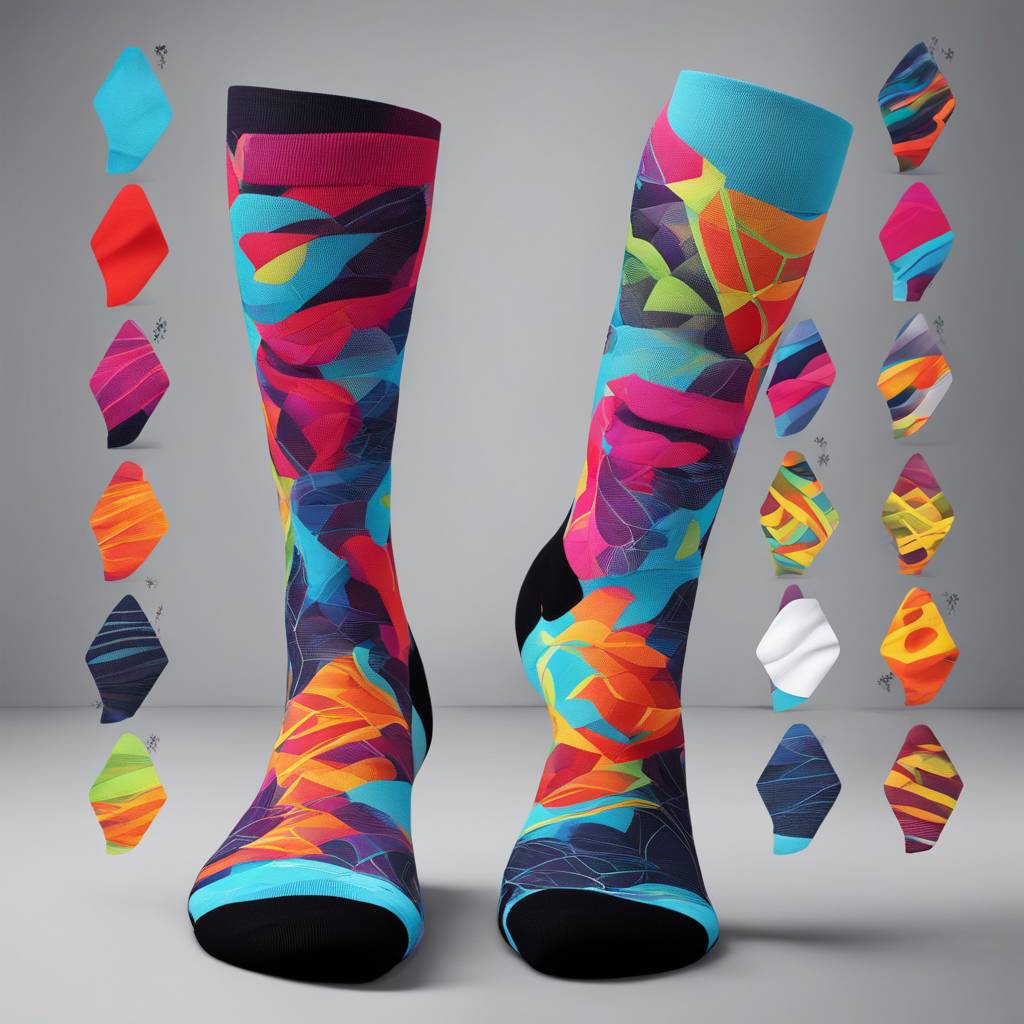Compression socks come in a variety of compression levels, ranging from mild to severe. Mild to firm compression socks are typically sold over the counter and are ideal for activities such as work, travel, sports, or mild varicose veins. They usually have a pressure of 10 to 30 mmHg. On the other hand, extra firm compression socks, with a pressure of 50 mmHg or more, are recommended for more serious conditions like blood clots, medical recovery, or severe varicose veins. Some compression socks come with graduated compression, with the tightest fit around the ankle and a looser fit higher up, making them more comfortable to wear. Compression socks are also available by prescription for specific medical needs.
When looking for compression socks, comfort is key. The socks should feel like a gentle squeeze and not cause any pain, numbness, or tingling. Factors to consider include the fabric of the socks, whether they have a seamless toe, and the length of the socks, which can range from ankle-high to waist-high. Style is also important, as compression socks come in different lengths, colors, and styles. For those wearing compression socks at work, a business-friendly look may be preferred. Some compression socks are sheer and lightweight, while others are more opaque and sturdy.
For individuals using compression socks for medical reasons, such as preventing blood clots after surgery, it is important to choose the right type of socks. Anti-embolism stockings are suited for medical conditions and may be recommended over regular compression socks. Consulting with a doctor is advised to ensure the correct type of compression socks is chosen based on individual needs. Prescription-grade compression socks may also be prescribed by a professional to provide a custom fit based on specific measurements. Despite the potential cost of compression socks, there are budget-friendly options available for those in need.
Overall, compression socks offer various benefits depending on the level of compression required for specific activities or medical conditions. By understanding the different compression levels, comfort factors, style options, and special uses of compression socks, individuals can choose the right socks to meet their needs. Whether for everyday wear, athletic performance, travel, medical recovery, or preventative measures, compression socks can play a significant role in promoting leg health and overall well-being.












